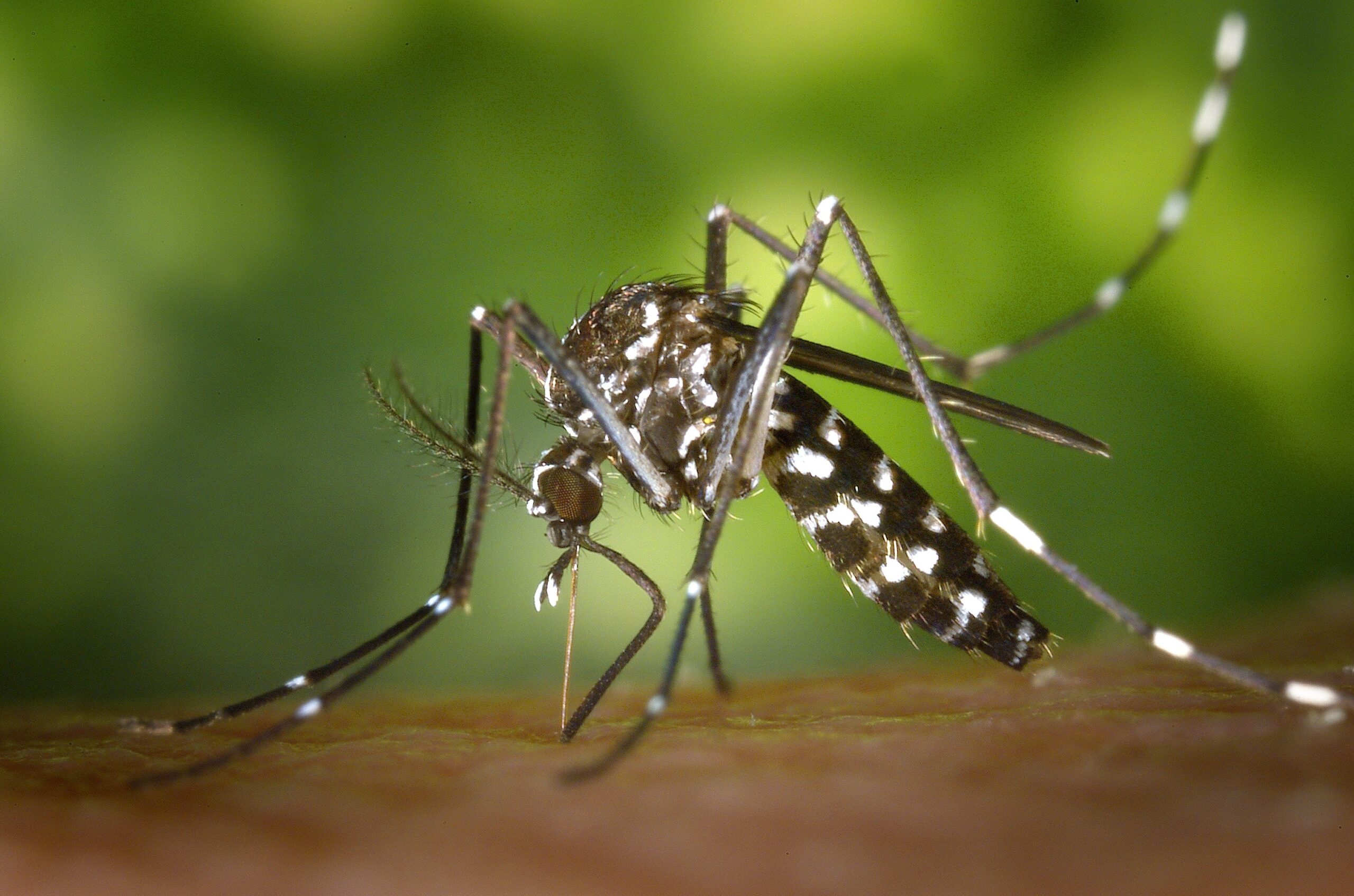Nigeria keeps on representing 27% of worldwide jungle fever cases and 32 percent of worldwide intestinal sickness passings notwithstanding various missions, including immense assets assigned to the battle in destroying the illness the nation over, say specialists.
As indicated by the World Wellbeing Association, jungle fever is an intense febrile sickness brought about by Plasmodium parasites, which are spread to individuals through the nibbles of tainted female Anopheles mosquitoes.
The objective of making the country sans mosquitoes has kept on being a work in pointlessness for both the public authority and different accomplices engaged with the battle against jungle fever.
The Central Government began a cross country intestinal sickness end exertion that incorporates extending a vector control procedure, expanding admittance to medication treatments, mosquito net dispersion and expanding the dissemination of mosquito nets.
Notwithstanding, in spite of these mediations, countless Nigerians have kept on encountering the adverse consequences of mosquitoes.
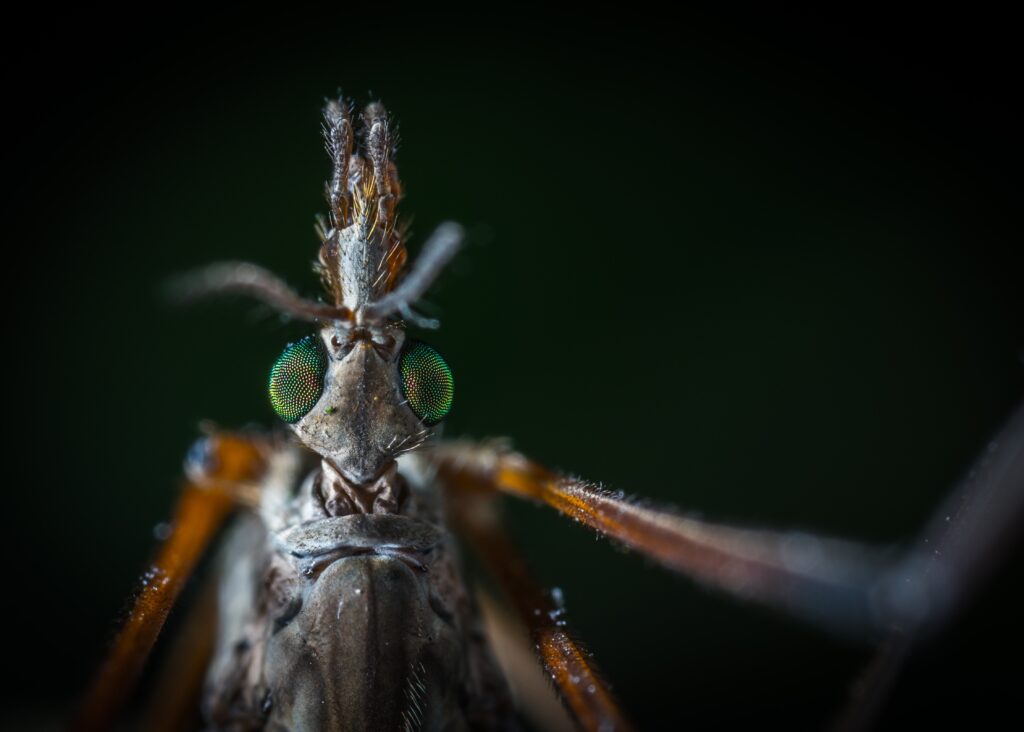
Anopheles mosquito and its effect
Humanity has been tortured by intestinal sickness and mosquitoes for a very long time. The jungle fever parasite enters the circulation system when a contaminated female mosquito chomps an individual.
A wellbeing site, Cleveland Center made sense of that the intestinal sickness parasites travel to the liver where they mature and duplicate quickly.
They then reappear the circulation system after hatching to go after the red platelets and prompt them to explode.
Intestinal sickness side effects begin to arise as these tainted cells burst, delivering considerably more parasites into the circulatory system.
Fever, chills, and weakness are a portion of the signs that show an individual has this perilous sickness.
WHO revealed that almost 50% of the total populace is in danger of jungle fever.
In 2021, an expected 247 million individuals contracted jungle fever in 85 nations while it guaranteed around 619 000 lives.
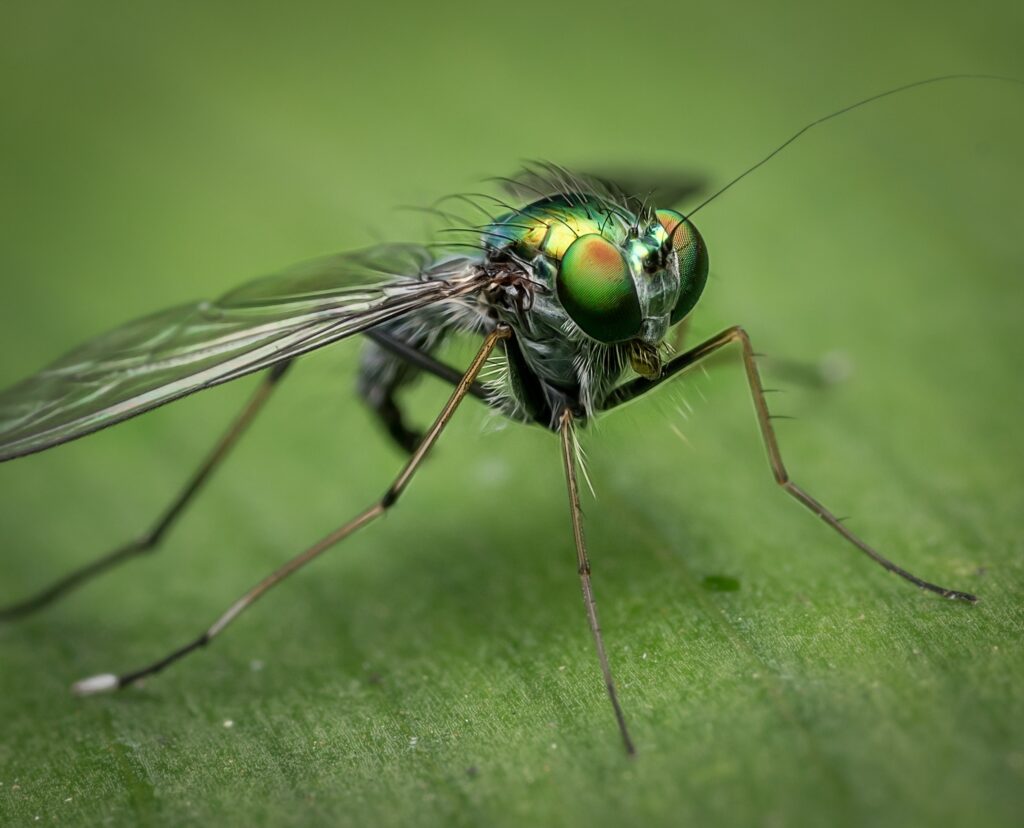
“Certain individuals are more vulnerable to creating extreme intestinal sickness than others. Babies and youngsters under 5 years old, pregnant ladies, and patients with HIV/Helps are at specific gamble.
“Other weak gatherings incorporate individuals entering regions with serious jungle fever transmission who have not gained halfway insusceptibility from long openness to the sickness, or who are not taking chemopreventive treatments, like transients, versatile populaces, and explorers.”
Immense spending plan, alarming insights
WHO uncovered that around 93% of all jungle fever cases overall happen in sub-Saharan Africa, with Nigeria bearing the most elevated trouble.
In Nigeria alone, it is assessed that there are north of 215 million instances of jungle fever in 2019. This records for almost 25% of worldwide intestinal sickness cases.
Besides, jungle fever related passings in Nigeria arrived at a disturbing number of roughly 400,000 every year.
One can’t misrepresent the meaning of these figures. As well as representing a serious gamble to one’s wellbeing, jungle fever likewise forestalls monetary development and feeds horrible patterns of neediness.
Efficiency levels are influenced because of sickness and missed work or school days.
In the mean time, legislatures, associations, and individuals have attempted endeavors to handle this scourge through programs, including dispersion and lobbies for insect poison treated bed nets and indoor lingering splashing efforts.
For this pestilence’s hidden causes, further work should be finished, specialists have said.
The prompt past Clergyman of Wellbeing, Dr. Osagie Ehanire in his discourse at the recognition of 2023 World Jungle fever Day, regretted the unfriendly impacts of the sickness on the country’s economy.
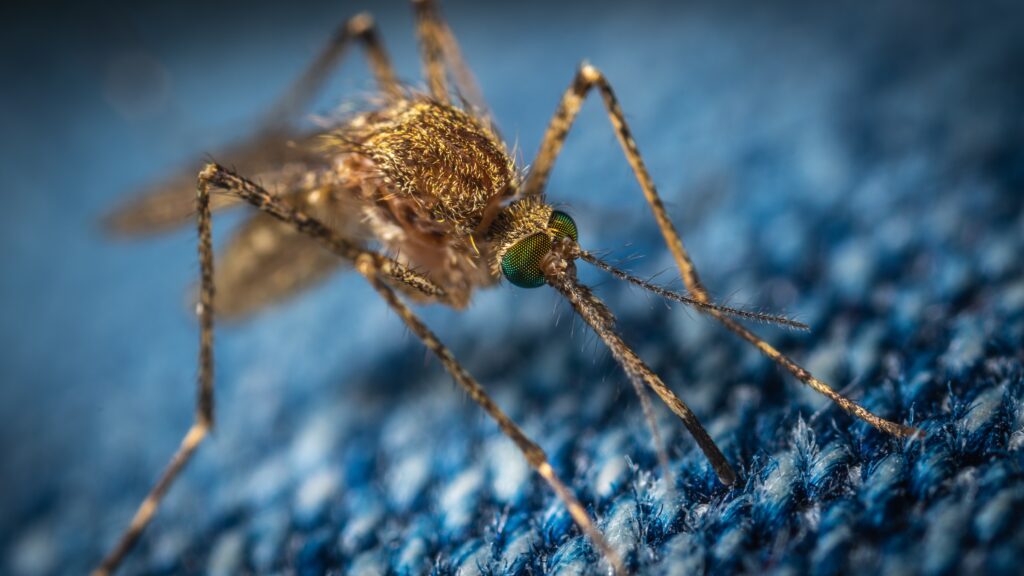
Ehanire, who was addressed by the Extremely durable Secretary, Mamman Mahmuda, additionally unveiled that the personal consumption for intestinal sickness is assessed to be more than 70% and Nigerians pay as much as N2,280.00 on every jungle fever medicine.
As per him, the monetary weight of jungle fever in Nigeria was assessed at $1.6b (N687 billion) in 2022, and may increment to about $2.8b (N2 trillion) in 2030″.
“Jungle fever additionally unfavorably affects the economy of our country as it is the significant reason for non-attendance in schools, workplaces, organizations, markets and in this way diminishing the pay of families, including the difficulty of personal costs borne by Nigerians yearly for determination and treatment.
“It is critical to take note of that effective control of intestinal sickness will increment efficiency, further develop wellbeing, decrease school truancy, lessen neediness and work with the accomplishment of the Maintainable Improvement Objectives.
“Thusly, we should keep on battling to accomplish no jungle fever by 2030, in accordance with the World Wellbeing Association’s Worldwide Specialized Technique.”
Albeit the public authority and worldwide associations have kept on putting finances in the battle against jungle fever in Nigeria, the country’s situation at the highest point of the illness list has not changed regardless of their endeavors.
For instance, the World Bank put $180m in a Jungle fever Promoter Program for seven Nigerian states, specifically Gombe, Kano, Jigawa, Adamawa, Anambra, Waterways, and Akwa Ibom somewhere in the range of 2006 and 2019.
Albeit the assets were generally given to the states, some of them were utilized for different public level drives.
Nigeria was likewise dispensed more than US$1.5bn for the financing time frames 2017-2019 and 2020-2022, making it the country with the biggest portion of assets from the Worldwide Asset.
The Worldwide Asset designated about $1bbn in February 2023 for Nigeria to proceed with its three-year crusade against HIV/Helps, jungle fever, and tuberculosis.
Out of just about 110 countries, Nigeria got the biggest subsidizing ($933,156,931 for the years 2023 to 2025).
Additionally, USAID PMI, DFiD, Unicef, WHO, and UNITAID were likewise essential for the unfamiliar contributors that subsidized Nigeria’s battle against Intestinal sickness.
A report by the Worldwide Place for Analytical Detailing guaranteed that USAID PMI gave N73,230,000 in 2014 and N75,000,000 in both 2015, 2016, and 2017 for the jungle fever mediation project.
Likewise, DFiD supported the Jungle fever treatment and mediation project in Nigeria in 2014 with N89,272,524
Way out
It is significant for partners at neighborhood, public, and worldwide levels to team up on thorough systems that emphasis on anticipation estimates like vector control intercessions.
The Ogun State Executive of the Nigerian Clinical Affiliation, Dr. Kunle Ashimi told PUNCH Healthwise that there is a requirement for the country to find answers for mosquito, which is a central point that advances jungle fever.
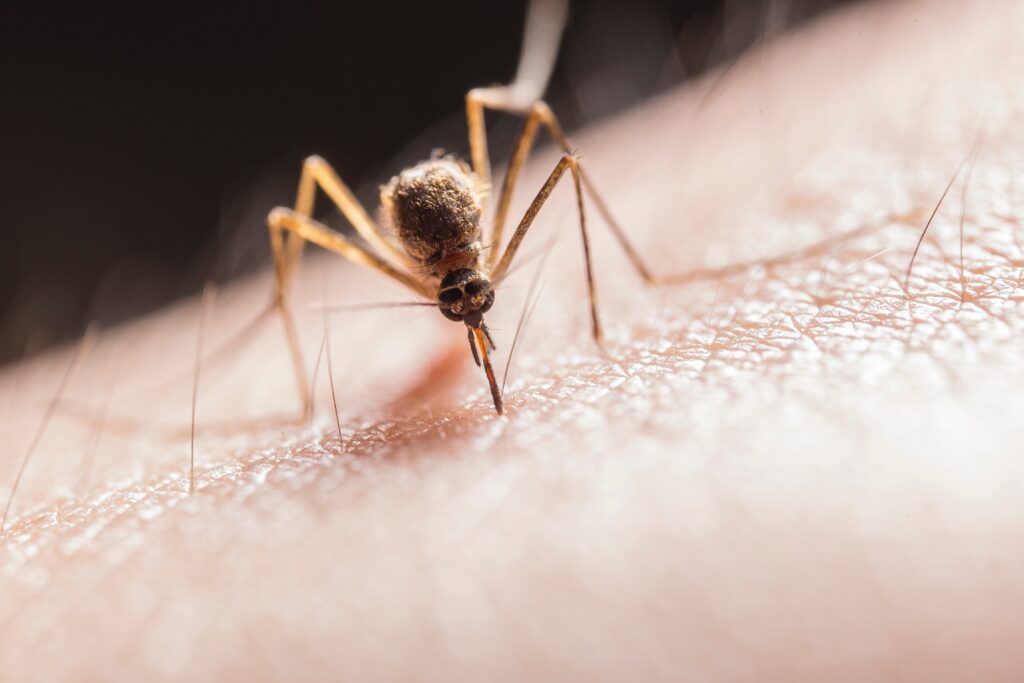
Recognizing unfortunate seepage frameworks, grimy conditions, and stale water as major questions militating against Nigeria’s battle against jungle fever, Ashimi kept up with that all partners need to meet up to accomplish all out annihilation of intestinal sickness.
He said, “We want to have a decent seepage framework, no stale water anyplace. We likewise forestall contact of the mosquitoes with their desired individual to chomp by utilizing insect poison offered net or utilizing pesticides kill mosquitoes. However, you realize pesticides additionally have their own aftereffects since individuals can breathe in those synthetic substances. Insect sprays treated net is awesome, however the accessibility is extremely low.”
